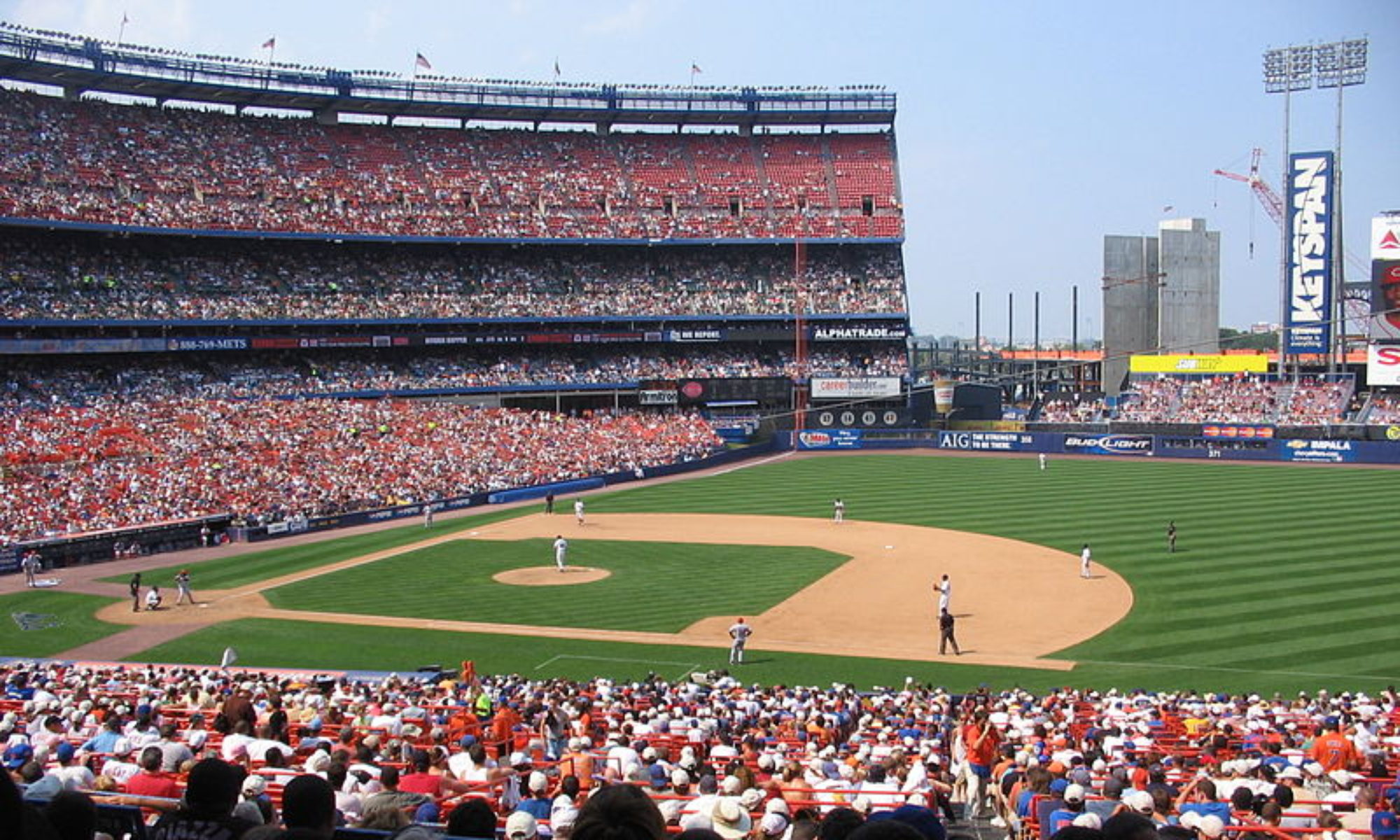Cheating, just like gambling, has always been a part of baseball.
Gambling helped baseball grow as a sport. Bettors kept the game alive in it’s infancy, buying tickets to games and placing wagers in the stands.
In his book “Baseball in the Garden of Eden,” historian John Thorn explains how gambling was far from an “impediment to the game’s flowering;” instead, it was “the vital fertilizer.”
It wasn’t long before gamblers were drawn to America’s newest phenomenon. Ballparks resembled the floor of the stock exchange during games. Dollars were exchanging hands in the crowd as bets were placed on everything imaginable.
But, gambling is the reason why “Shoeless” Joe Jackson and Pete Rose aren’t in the Hall of Fame.
Gambling is also the reason why Roger Clemens and Barry Bonds aren’t in the Hall of Fame.
You see, just like the players “gambling” that no one would see the pine tar on their neck, an entire generation of players rolled the dice that they’d be able to get away with taking performance enhancing drugs.
And, many did get away with it. In fact, there’s a slew of players who took steroids, landed a big contract, and created generational wealth for their families.
Baseball, as a sport, got away with it. After droves of fans left the ballparks following the mid 90’s strike, a steroid fueled home run race brought them all back.
At the end of the day, those players were looking for a competitive advantage.
The Baltimore Orioles used to instruct their groundskeeper to harden the dirt in front of the plate so they could “chop” the ball down and run to first base. Pitchers used to have sandpaper in their gloves and Vaseline or spit on the ball. Hitters would cork their bats. Outfielders in older stadiums would hide balls in the high grass.
Where do we, as fans, draw the line?
I would think that stealing signs from center field and alerting the hitter which pitch was coming with an elaborate buzzer system would rub most of us the wrong way.
“Those cheating Astros!”
Oh, I can see why you’d think that. I wasn’t talking about the Houston Astros, though.

“The Giants win the pennant! The Giants win the pennant! The Giants win the pennant!”
Russ Hodges’ iconic call of Bobby Thomson’s iconic home run is perhaps the most famous sports broadcast in American history.
Was the event he was describing tainted?
Several members of the 1951 Giants team have admitted the presence of a high-powered telescope that was positioned behind a window in Manager Leo Durocher’s office in the center-field clubhouse. A Polo Grounds electrician allegedly constructed a buzzer system that was connected to the Giants’ dugout and right-field bullpen.
Bullpen catcher Sal Yvars said that a buzz meant a breaking ball was coming. No buzz meant a fastball.
”Watch me in the bullpen,” Yvars told his teammates. ”I’ll have a baseball in my hand. If I hold onto the ball, it’s a fastball. If I toss the ball in the air, it’s a breaking ball.”
I would imagine Ralph Branca was justifiably upset when he learned of this a few years after “The Shot Heard Around The World.”
This hasn’t been confirmed of course. If you read Joshua Prager’s book, you’ll most likely be convinced something was amiss, but that’s for you to decide.
What we can agree on is that the Houston Astros weren’t the first team in baseball history to cheat.
Baseball should do everything in it’s power to ensure they are the last.


90 Percent – great article. Also the Cubs used a similar strategy against the Mets and other teams in 1984. Larry Bowa, who was on the 1984 Cubs, told the Mets this when he came to them in 1985.